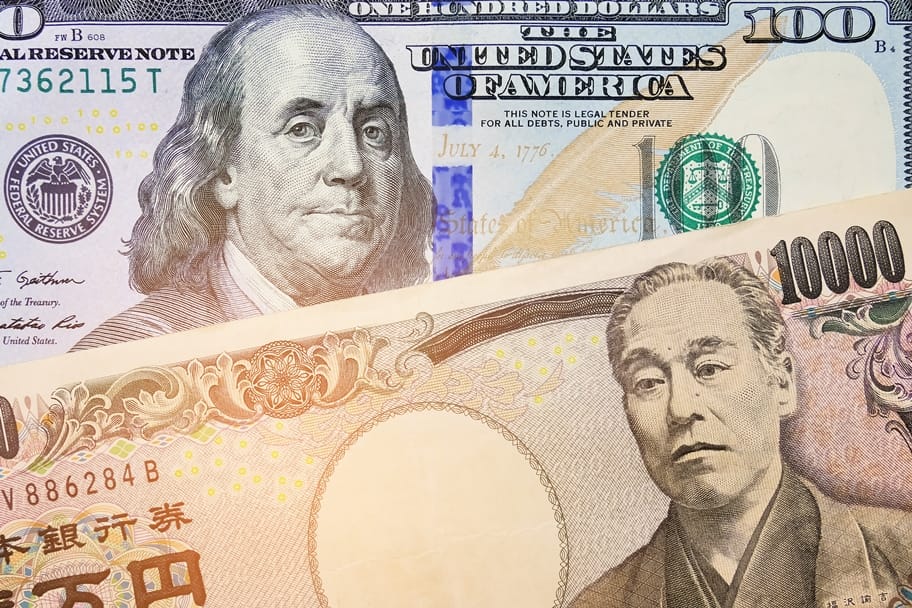Reports by the Mainichi Shimbun and Nikkei daily on Monday revealed that the Ministry of Justice (MOJ) is preparing a joint custody proposal for divorced couples with children in Japan. It sounds like great news at last for parents like Vincent Fichot who hasn’t seen his kids since August 2018. Or is it? The French father of two doesn’t think so. On Thursday we spoke to the man who went on a hunger strike last year to hear his thoughts on the MOJ’s proposal as well as two other proposals that have been presented to the government.
Also this week, we report on the latest blow to the LGBTQ community as the Osaka District Court rules that the ban on same-sex marriage in Japan is not unconstitutional. There’s an even bigger blow for the family of Ratnayake Liyanage Wishma Sandamali as charges against immigration officials who worked at the center where she died are dropped. The Japanese yen continues to tumble and a woman in Belgium is elected mayor in a district in Tokyo. In sport, Hideki Matsuyama places fourth at the US Open and Tenshin Nasukawa finishes his kickboxing career in style.

Vincent Fichot hasn’t seen his children since August 2018
“The Devil is in the Details”
On Monday came the news that the MOJ is preparing a proposal to introduce a joint custody system for divorced parents in Japan. It sounds like a major potential breakthrough, but what does it actually mean? According to Vincent Fichot, not very much. “The devil is in the details,” the French father tells TW. “It’s just window dressing to appease critics from abroad. They’ve come up with a ’selective joint custody system’ that attempts to legitimize current practices. For instance, if one parent claims there was a ‘major conflict,’ the judge can turn down joint custody.
“The proposal also fails to address child abduction,” continues Fichot. “It says child visitation should be supervised, going against the UN Convention on the Rights of the Child, and allows a parent to request sole custody while married without the other parent’s knowledge.” Dissatisfied with the MOJ’s version, the Bipartisan Parliamentary League drafted its own proposal on Tuesday. It was influenced by another proposal submitted two weeks ago by Japanese and foreign lawyers to Sanae Takaichi, minister of internal affairs and communications. “Both proposals focus on the best interests of the children and request retroactivity, which is essential for those still waiting for custody,” says Fichot.
Charges Against Nagoya Immigration Officials Dropped
Prosecutors in Nagoya have dropped charges against 13 immigration officials over the death of Ratnayake Liyanage Wishma Sandamali. The Sri Lankan woman died at the Nagoya Regional Immigration Services Bureau on March 6 last year. Seven months earlier, she was detained for overstaying her visa after going to the police to report domestic abuse. In her final days, Wishma was vomiting blood and was so weak, that she had no control over her arms or legs. She became the 18th foreigner to pass away while in detention in Japan since 2007.
Her family filed a criminal complaint with the prosecutor’s office last November. It was made against the director and deputy director of the facility as well as officers in charge the day Wishma died. According to her relatives, they failed to offer acceptable medical care which resulted in the Sri Lankan’s death. Prosecutors investigated the case by interviewing the facility’s staff members and analyzing related documents. On June 17, they announced that they could not say the officials failed to provide Wishma with appropriate medical care.

Japan is the only G7 nation that doesn’t allow people of the same gender to marry
Ban on Same-Sex Marriages Not Unconstitutional Rules Japanese Court
While more and more regions in Japan now recognize same-sex partnerships (including all of Tokyo from November), the legalization of same-sex marriage still seems a long way off, especially after Monday’s decision by the Osaka District Court. It dismissed a damages lawsuit filed by three sexual minority couples who claim the ban on them tying the knot is unconstitutional. It also threw out their demands of ¥1 million per person. Upset by the ruling, the plaintiffs vowed to appeal.
Japan is currently the only Group of Seven nation that doesn’t allow people of the same gender to marry. “Marriage shall be based only on the mutual consent of both sexes and it shall be maintained through mutual cooperation with the equal rights of husband and wife as a basis,” states Article 24 of the constitution. According to the government, this applies just to heterosexual couples. However, last March, the Sapporo District Court ruled that Japan’s refusal to recognize same-sex marriage was unconstitutional.
Belgian Resident Wins Tokyo Mayoral Contest
Residing in the vibrant Belgian town of Leuven, Satoko Kishimoto’s home is more than 9,000 kilometers away from Suginami. Yet, despite the distance, she still managed to win the recent mayoral election for the Tokyo district, defeating incumbent conservative mayor Ryo Tanaka by just under 200 votes. The 47-year-old Japanese-native started getting noticed back home through online public debates she took part in during the Covid-19 pandemic. Her husband told Flemish radio that she became popular with the progressive movement and was subsequently asked to run for mayor.
Kishimoto is a program coordinator for the nonprofit international research and advocacy organization, Transnational Institute. An environmental activist, she joined the company in 2003 and moved to Belgium five years later. In 2020, she co-edited The Future is Public, a critically-acclaimed multi-author volume emphasizing the importance of public services in the face of climate catastrophe, political unrest and mounting inequalities. These were some of the issues Kishimoto brought to the fore while campaigning online. She recently returned to Japan to spread her message in person, but her family is still undecided about moving here.

The Japanese yen fell to the 136 level against the US dollar on Tuesday
Yen Hits 24-Year Low Against the Dollar
The yen fell to the 136 level against the dollar on Tuesday, the lowest it’s been since September 1998. Despite worries about the rapid depreciation, Prime Minister Fumio Kishida said in a debate on Tuesday that the Bank of Japan should “maintain the current course” of monetary easing. “Monetary policy needs to be decided by looking at the whole picture. Now is not the time to change things,” he told LDP leaders at the discussion. The PM did acknowledge that the yen’s slump is “something we should be concerned about.”
And it would appear that there is a great deal of concern amongst major firms in Japan. A survey by The Asahi Shimbun asked 100 leading companies here their thoughts on the depreciating yen. Only nine responded that it is having a positive effect on the economy while 45 said the opposite. Seven said it was significantly negative. The biggest worry for these businesses is the rise in import prices for resources and raw materials. The questionnaire was conducted between May 30 and June 10 of this year.
Fourth Place for Matsuyama at US Open
Golfer Hideki Matsuyama produced a terrific final round at the US Open but it wasn’t enough to secure victory. The 2021 Masters champion carded a five-under 65 to finish on three-under. It left him in fourth place, three shots behind winner Matt Fitzpatrick from the UK. “I was happy with the birdies, as I wasn’t able to get one on day three. And I was glad my putts were going in, too,” said Matsuyama. “I wouldn’t say I played perfectly, but being able to get a score like this was a big confidence boost.”
In kickboxing, one of the most anticipated bouts in the sport’s history took place at the Tokyo Dome on Sunday. Front row seats for the dream clash between Takeru Segawa, K-1’s only three-division champion, and unbeaten prodigy, Tenshin Nasukawa cost a whopping ¥3 million. For the 56,399 in attendance, this was a contest years in the making. It didn’t disappoint. In the end, Nasukawa triumphed in a unanimous points decision. He floored his opponent in the first and had more control throughout. The 23-year-old now plans to transition from kickboxing to boxing.
Feature image by KonstantinChristian via Shutterstock









